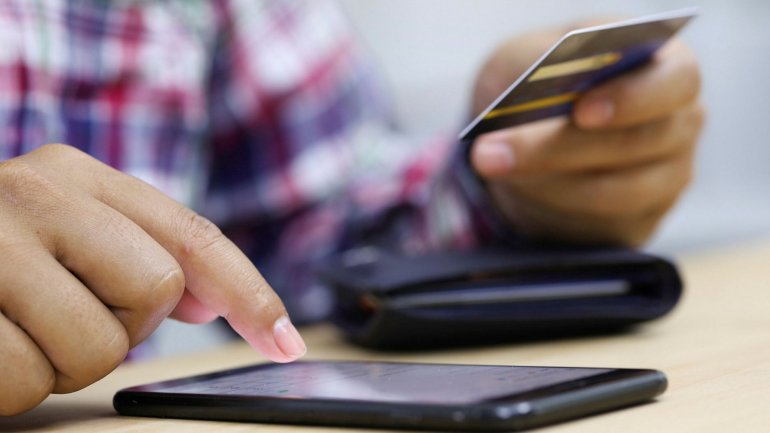How to protect yourself from online and mobile phone fraud and scams
Safety awareness against fraud and scams
The simple tips below will help you protect yourself and your family from scams. Scams can cost people a lot of money and cause a great deal of distress. By following these simple tips, you can protect yourself against scams.
- Phishing and Fraud Scams are methods of deceitfully obtaining personal information such as passwords, identity numbers and credit card details by calling, sending emails or cell phone messages that look like they come from trusted sources, such as banks or legitimate companies.
- Typically, these emails or cell phone messages request that users click on a link in the email, which will direct users to a spoofed website – a site designed to fool users into thinking that it is legitimate – to obtain, verify or update contact details or other sensitive financial information. These emails and messages also contain a telephone number and contact person whom you should call, as you are promised you could win large sums of money.
Phishing: When an email request the user to click on a link in the email which then directs them to a “spoofed” website, designed to fool users into thinking that it is a legitimate attempt to obtain, verify or update contact details or other sensitive financial information. The spoofed website will look almost exactly like that of a legitimate or a well-known financial institution. Phishing emails, which are a form of spam emails, are typically sent in large numbers to consumer email accounts.
Vishing When a fraudster phones their victim posing as a bank official or service provider and uses social engineering tactics to manipulate them into disclosing confidential information, while at the same time leading them to believe that they are speaking to the bank or service provider. This information is then used to defraud the victim.
What you should do to prevent falling victim to scams and fraud:
- Never respond to emails or cell phone messages appearing to be from your bank, which request your personal details. Remember that no bank will ever ask you to confirm or update your account details by email.
- Never provide your online ID, password or PIN to anyone and never write them down or share them.
- Do not save your Internet banking password on your desktop.
- Do not leave your computer unattended after you have entered your Internet banking password.
- Always log off or sign off at the end of a session.
- Avoid doing Internet banking in public areas such as Internet cafés, or on any computer that can be accessed by people you do not know.
- Change your PIN and passwords frequently.
- Put sensible transaction limits on your accounts.
- Only provide your credit card details to reputable companies.
- If it looks too good to be true, it usually is.
- NEVER send money or give credit card or online account details to anyone you do not know and trust.
Also view:
Safety from Vehicle Scams and Fraudsters when Buying and Selling Vehicles
What is a Vishing Scam and How can we Protect ourselves from becoming a Victim?
Be on the lookout for Phishing, Vishing and SMishing scams




